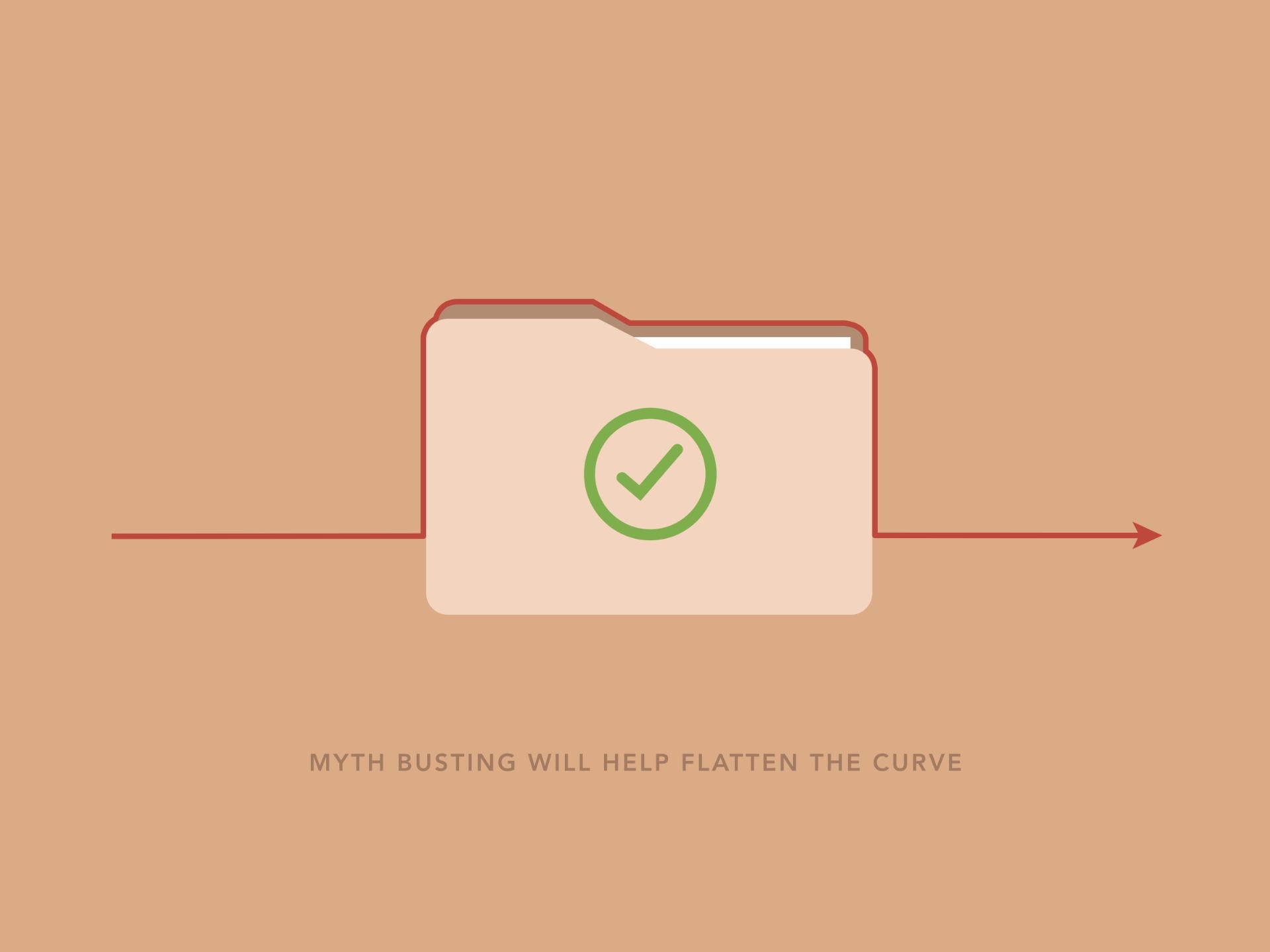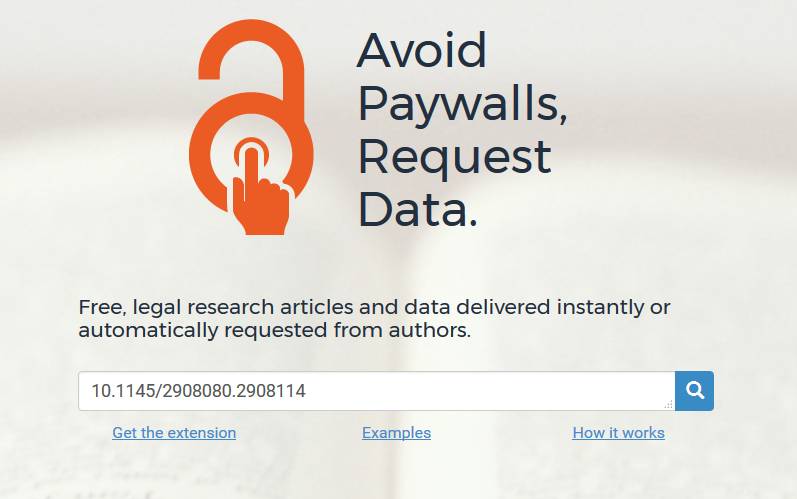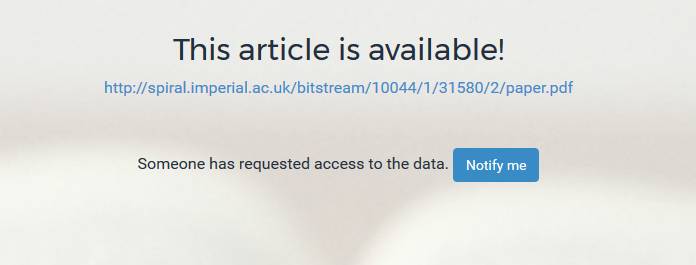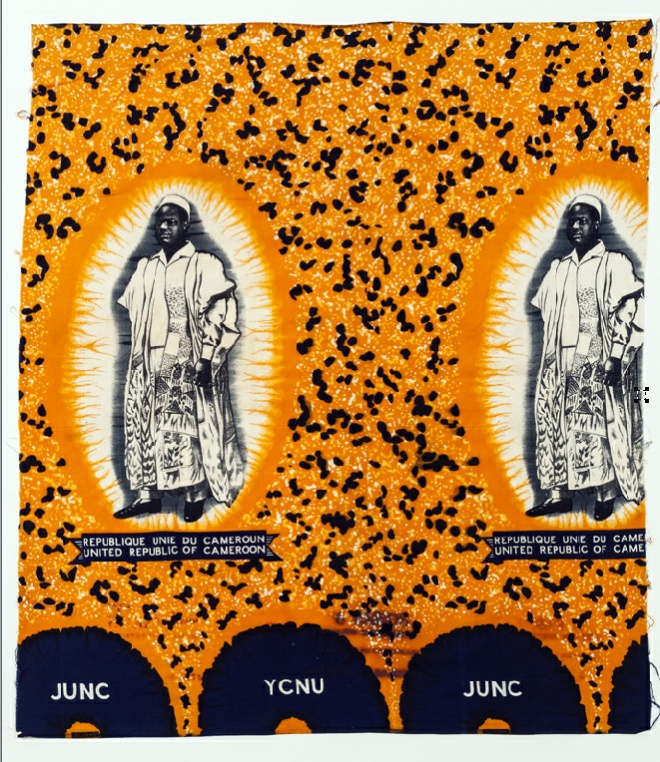
UK Research and Innovation’s (UKRI’s) Open Access policy for monographs, book chapters and edited collections comes into effect on 1 January 2024.
If researchers receive funding from UKRI and plan to publish a monograph, an edited collection or a book chapter, they will need to comply with the UKRI open access requirements.
In this post, we will outline the key policy points our researchers at Goldsmiths need to know to ensure compliance and what the Online Research Collections (ORC) team in the Library are doing to help our researchers meet the new requirements.
The monographs policy compliments the UKRI open access policy for peer reviewed research articles which has been in force since 1 April 2022. For information on how to comply with the UKRI open access policy for peer reviewed research articles you can visit our guidance page. We have also created a resource that guides authors through the steps we advise them to take to ensure that their research articles meet the UKRI requirements.
How do I find out more about the policy?
There will be a training event on Thursday 7 December which will summarise the UKRI policy and provide guidance to UKRI-funded researchers on the actions they need to take prior to the submission of a book proposal, as well as licensing requirements, policy exemptions, managing third-party copyright and funding options. You can register for the event here.
The Online Research Collections (ORC) team in the Library have prepared guidance on the new policy.
The team have also created a guide on open access monographs aimed at all researchers at Goldsmiths.
If you have any questions about how the new policy affects your work, please email gro@gold.ac.uk.
Context
The new UKRI policy builds on earlier open access initiatives that focused on research articles with the aim of improving access to monographs and other long-form publications. Alongside UKRI, both the Wellcome Trust and Horizon Europe/ ERC have brought monographs into scope of their open access policies.
It is expected that that there will be an open access requirement for long-form publications for REF2028. The expectation is that any formal open access requirements for long-form publications will be more flexible than the UKRI policy. When the details of the new REF open access policy are announced, the Online Research Collections team will provide guidance and support to researchers at Goldsmiths.
UKRI acknowledge that open access is less established for monographs than for research articles. In anticipation of the new policy, they have been working alongside JISC to develop new open access publishing models and initiatives for monographs. These activities complement other projects such as COPIM (Community-led Open Publication Infrastructures for Monographs) that aim to build an effective infrastructure for open access book publishing. UKRI will also be providing dedicated funding to support the new policy through a centralised fund of £3.5 million per year that will open for applications on 28 November 2023.
Policy requirements for monographs, book chapters and edited collections from 1 January 2024
Monographs, book chapters and edited collections published from 1 January 2024 (unless a contract has been signed between the author and the publisher before this date that prevents adherence to the policy) which acknowledge funding from UKRI will need to be made open access.
There are two routes to compliance:
- Making the Version of Record free to view and download on the publisher’s website within 12 months of publication
- Making the Author’s Accepted Manuscript (AAM) free to view and download on a repository such as Goldsmiths Research Online (GRO) https://research.gold.ac.uk/ within 12 months of publication. The policy allows the author and publisher to agree the appropriate version to self-archive on a repository.
The open access versions of monographs, book chapters and edited collections must be published under a Creative Commons licence. UKRI has expressed a preference for a CC BY licence, but other Creative Commons licences are permitted. UKRI in collaboration with Jisc have produced a guide on ‘Publishing under the UKRI open access policy: copyright and Creative Commons licences’ which provides advice for UKRI-funded researchers on copyright and licensing.
Exemptions to the policy
Authors should seek to publish open access wherever possible, but UKRI allow a number of exemptions to the policy. Please email gro@gold.ac.uk if you are considering applying for one of the following exemptions:
- The policy does not apply to trade books (defined by UKRI as an academic monograph rooted in original scholarship that has a broad public audience), scholarly editions, exhibition catalogues, scholarly illustrated catalogues, textbooks, and all types of fictional works and creative writing (including artist’s books).
- The only appropriate publisher for the publication, after liaison and consideration is unable to offer an open access option that complies with the policy.
- Reuse permissions for third-party materials cannot be obtained and there is no suitable alternative option available to enable open access publication.
- Authors have signed a contract with a publisher before 1 January 2024, which doesn’t enable open access in compliance with UKRI’s policy.
- Where a monograph, book chapter or edited collection is the outcome of a UKRI training grant (including UKRI-funded studentships) open access is encouraged but not required.
Selecting a publisher
Authors are advised to choose the publisher most appropriate for their research, provided UKRI’s open access requirements are met. To ensure compliance, authors should inform their preferred publisher that the publication is in scope of the UKRI open access policy and check if they can offer a compliant open access publishing option prior to the submission a book proposal and before entering into any contractual agreement.
Although open access publication is most commonly associated with journal articles, there are a growing number of options for making monographs, edited collections and book chapters openly available.
A publisher may charge a book processing fee for open access (the typical cost of a book processing is charge is between £5,000 and £12,000 depending on the publisher and the length of the book) or offer free open access supported via alternative funding models, such as subscribe to open models (for example the MIT Press Direct to Open model) or ‘diamond’ open access. Information on the different publishing models for open access monographs is available here.
Many publishers offer open access of the final Version of Record within 12 months of publication either through the payment of a book processing charge or via an alternative funding model. Information on the open access policies of a range of publishers is available here.
Some publishers may not offer open access of the final Version of Record but may permit authors to deposit their Author’s Accepted Manuscript (a version of your accepted manuscript agreed between you and the publisher) at no cost in an institutional repository such as GRO within 12 months of publication. Information on self-archiving monographs and book chapters in a repository is available here.
If your preferred publisher does not have an open access programme, check for other open access options and consider other publishers before considering an exemption. Authors can contact gro@gold.ac.uk for further advice at this stage.
Working with co-authors and publishers
You should inform any collaborators, (such as co-authors or the editor of a collection you are contributing to) about UKRI’s open access requirements. When contributing a book chapter to an edited collection, you should seek agreement with the editor(s) and publisher for the version of record or the AAM of your chapter to be made open access via the publisher or self-archiving in a repository. UKRI recommend authors inform the editor of the collection and the publisher of the UKRI requirements at the start of the collaboration discussions and before entering into any contractual agreement for the publication. If the publisher charges for making the version of record open access, you may be eligible for open access funding from UKRI.
Third-party material
UKRI does not want the use of third-party materials to be a barrier to making a book, edited collection or chapter open access. They have produced a helpful guide aimed at UKRI-funded researchers that offers advice on how to manage third-party copyright, clear permissions, and use third-party content in line with copyright law.
UKRI also allows authors to claim up to £2,000 to clear third-party material used in an open access book, edited collection or chapter. These costs should be accounted for in grant applications, where possible.
A policy exemption is also available in exceptional circumstances where securing permissions for third-party materials is not feasible, and this means open access is therefore not an option.
Applying for open access funding
UKRI will be providing dedicated funding to support open access monographs, book chapters and edited collections. Funding will be provided through a centralised fund of £3.5 million per year held by UKRI that research organisations will apply for. Successful applications for funding will need to demonstrate a substantial link between the publication and UKRI funding. The Online Research Collections team in the Library are in the process of contacting all UKRI-funded researchers with advice on how to apply for open access funding from UKRI.
UKRI will contribute up to the following maximums (inclusive of VAT, where applicable):
- £10,000 for book processing charges
- £1,000 for chapter processing charges
- £6,000 for participation in an alternative open access model (not exceeding the total cost of participation). UKRI will fund up to another £3,000 where there are two or more eligible outputs.
Funding applications will be in two stages. Authors should send the following information to gro@gold.ac.uk for a Stage 1 application to be made:
- UKRI funding reference
- Author name(s)
- Title of publication (draft)
- Name of publisher (if known)
- Estimated open access costs requested from UKRI (if known; including VAT)
- Anticipated date of publication
- Statement about relationship to the UKRI funded project or grant, including the author’s role in this
- Additional comments and administrative information
The Online Research Collections (ORC) team in the Library will then register the output with UKRI using the information provided by the author. UKRI will confirm if a publication is eligible for funding after a Stage 1 application.
Stage 1 applications open on 28 November 2023. A publishing contract does not need to be signed for a Stage 1 application to be made and it is recommended that an application is made as soon as you have a commitment from an editor to publish your book or chapter as this will help UKRI allocate funds for you.
At Stage 2 Goldsmiths provides final confirmation of publication to allow UKRI to release funds.
Checklist for authors
To comply with policy, the key steps you need to undertake are:
- Inform your publisher, and any collaborators, (such as editor of a collection you are contributing to) about UKRI’s open access requirements.
- Check your preferred publisher offers a compliant route. If your preferred publisher does not have an open access programme, check for other open access options, and consider other publishers before contacting gro@gold.ac.uk for advice on applying an exemption.
- Email gro@gold.ac.uk to request that Goldsmiths submit a Stage 1 application if your publisher requires a fee to publish your work open access.
- Make your version of record or accepted manuscript open access within 12 months of publication and with Creative Commons licence. For any third-party content within copyright, only include the content under the licence or terms under which the rightsholder has released it.
- Email gro@gold.ac.uk to request that Goldsmiths submit a Stage 2 application
Can I publish my monograph, book chapter or edited collection open access if I am not funded by UKRI?
At Goldsmiths there is no institutional fund to support the costs of publishing open access for unfunded researchers.
Although open access funding is limited at Goldsmiths, there are alternative open access publishing models that don’t require the payment of a fee to a publisher. In these models, publishers support the costs of making their books open access via alternative sources of funding such as sponsorship, membership or subscription schemes. More information about publishing models that don’t require a fee is available here.
A list of publishers that provide open access with no requirement for the author or institution to pay is available here. Many publishers will allow authors to deposit a version of their monographs, or parts of their monographs, to the GRO repository at no cost, further information is available here here.
Monograph publishing comprises an important share of Goldsmiths’ publishing profile and several current and former researchers at Goldsmiths have published their monographs and edited collections open access. Many of these titles have been published by Goldsmiths Press, that launched in 2016.
Pieter Sonke, Online Research Collections















